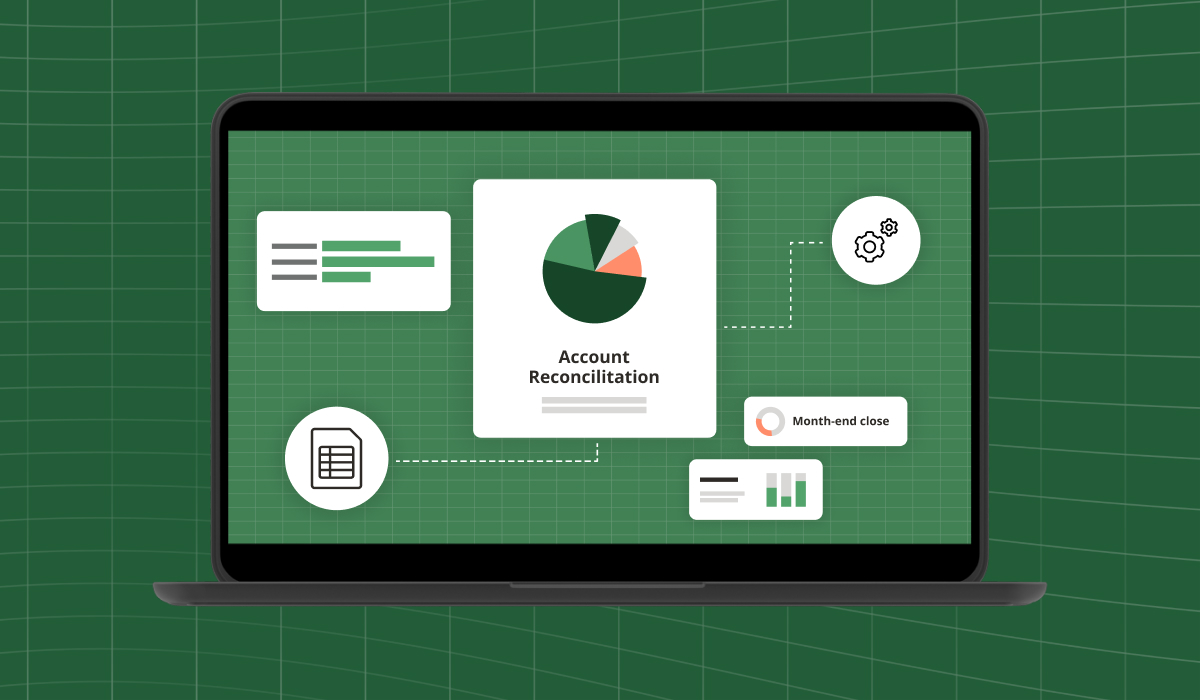
Does your team spend too much time searching for lost invoices, requesting missing receipts, verifying transactions, investigating duplicate entries? Do they manually enter general ledger data from disjointed data sources provided by other teams? Do those other teams have their own way of doing things? If you've answered "yes" to all these questions and you're seeing how this tedious, inefficient work is impacting your team's morale every month and you're becoming concerned that they're sacrificing accuracy for speed, it's time to take a look at your financial close process.
In this blog, we'll cover:
How does your financial close process fare against your competitors? In a 2018 survey conducted by the American Productivity & Quality Center, among the responding 2,300 organisations, the median month-end close time was 6.4 days. According to the survey, if your company's close time exceeds one business week, you're not among the fastest quarter of organisations. And if it's two or more, then you're among the slowest.
Read on to discover five signs your financial close process is too slow.
You're not forecasting accurately because by the time last month's numbers close, they're already outdated. This snowballs into future forecasts and you can't allocate resources quickly enough to where they would optimally support your company's goals.
Since your cash inflow forecasts are inaccurate, you're not planning short-term operations effectively. And because your revenue forecasts are inaccurate, you also can't forecast tax payments for tax season with much accuracy either.
You're not providing your CEO with the accurate data that they need to make decisions because last month's books aren't closed yet.
Since you can't promptly analyze historical trends, variances or performance, you can't support your CEO strategically to ensure that their decisions are well-informed, data-driven and fast.
Your team is consistently forced to restart your financial close checklist because data entry errors are interrupting your sequential process. They're hunting down lost papers and constantly repeating processes.
Due to the pressure to close faster, you notice some of your auditors and accountants are hurrying or skipping steps altogether--and that's risking the accuracy and integrity of your numbers.
Watch the video below to hear how Michelle Canada, Director of Financial Reporting at Tanger Outlets, helped turn their financial close checklist into an automated Excel spreadsheet.
To watch the full video of Vena's Livestream on Finance Close Management, become a Plan To Grow member.
You're losing confidence from external stakeholders in your business because you're not demonstrating your progress toward financial milestones fast enough.
Since you can't demonstrate improvement of your company's financial performance, your investors and lenders are losing interest in growing their investments in your organisation.
Your team is identifying fraud--and other inconsistencies and discrepancies--but only after they've been committed.
Because of the delay, that impact and cost has grown far more than if they were detected much earlier.
Watch the video below to hear how Christine Harms, Controller of the Arizona Cardinals, turned 10 days of work into five seconds.
When your team manually repeats processes, they're losing time from work that could add value to your organisation. At Vena's Livestream on Finance Close Management, when asked for their top priority in investing in technology to transform their financial close process, the audience's top answers were "more time for review and analysis" (41%) and "a faster close for forecasting agility" (37%).
When organisations close faster, they can plan and make strategic decisions faster. So on Day 6, while your team is still reconciling accounts, your competitors are better positioning themselves in achieving their business goals--by analyzing numbers that aren't outdated, evaluating progress toward their financial goals and ensuring resources are allocated effectively and quickly. While you're still closing on Day 10, your competitors are well into planning their future.
Vena's Financial Close solution provides a real-time snapshot of your company's financial health. By automating data transfer from your ERP to your general ledger, implementing workflow notifications and adding audit trails, your company can close your books on time, every time and support your CEO with accurate data--faster.